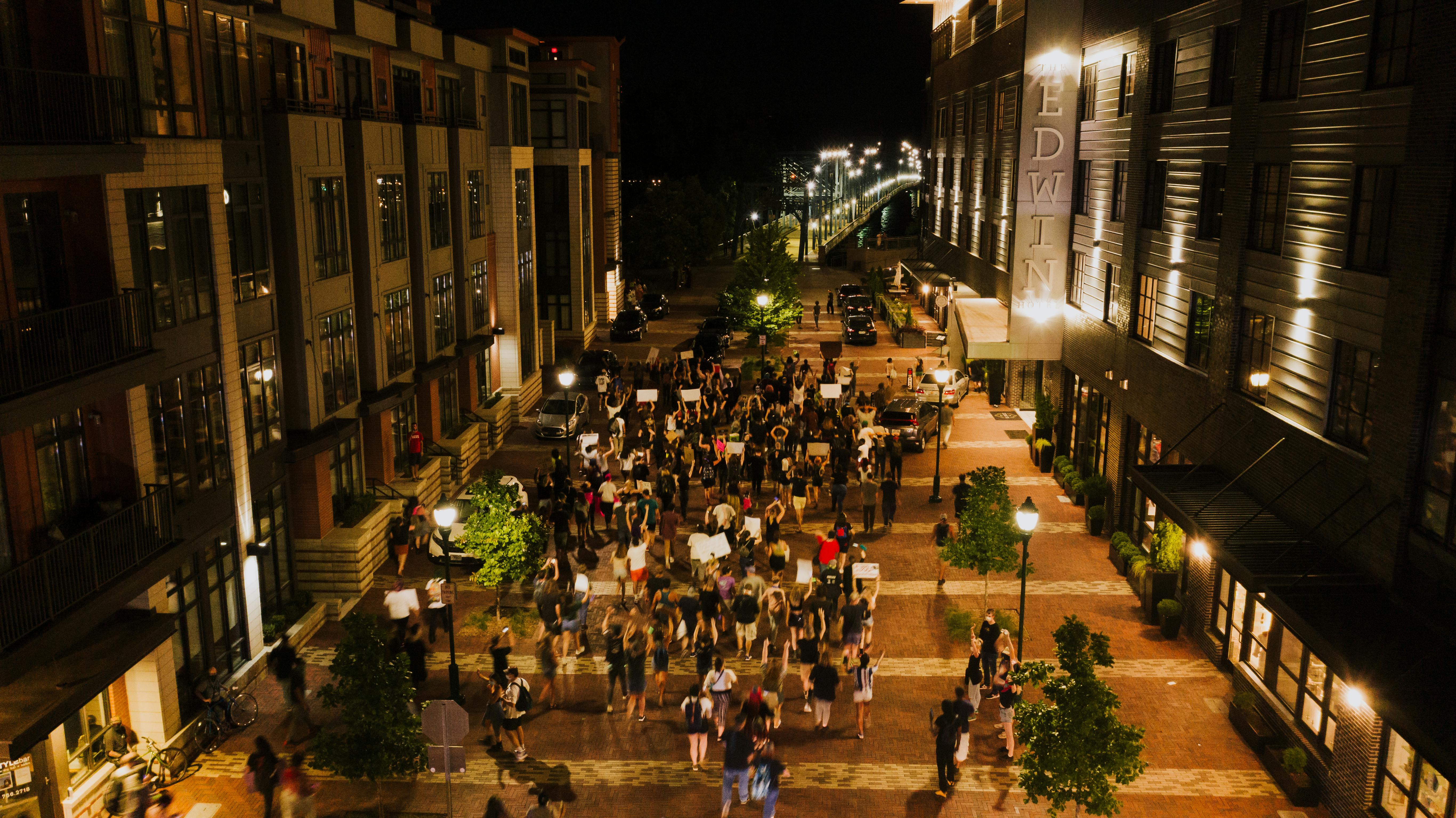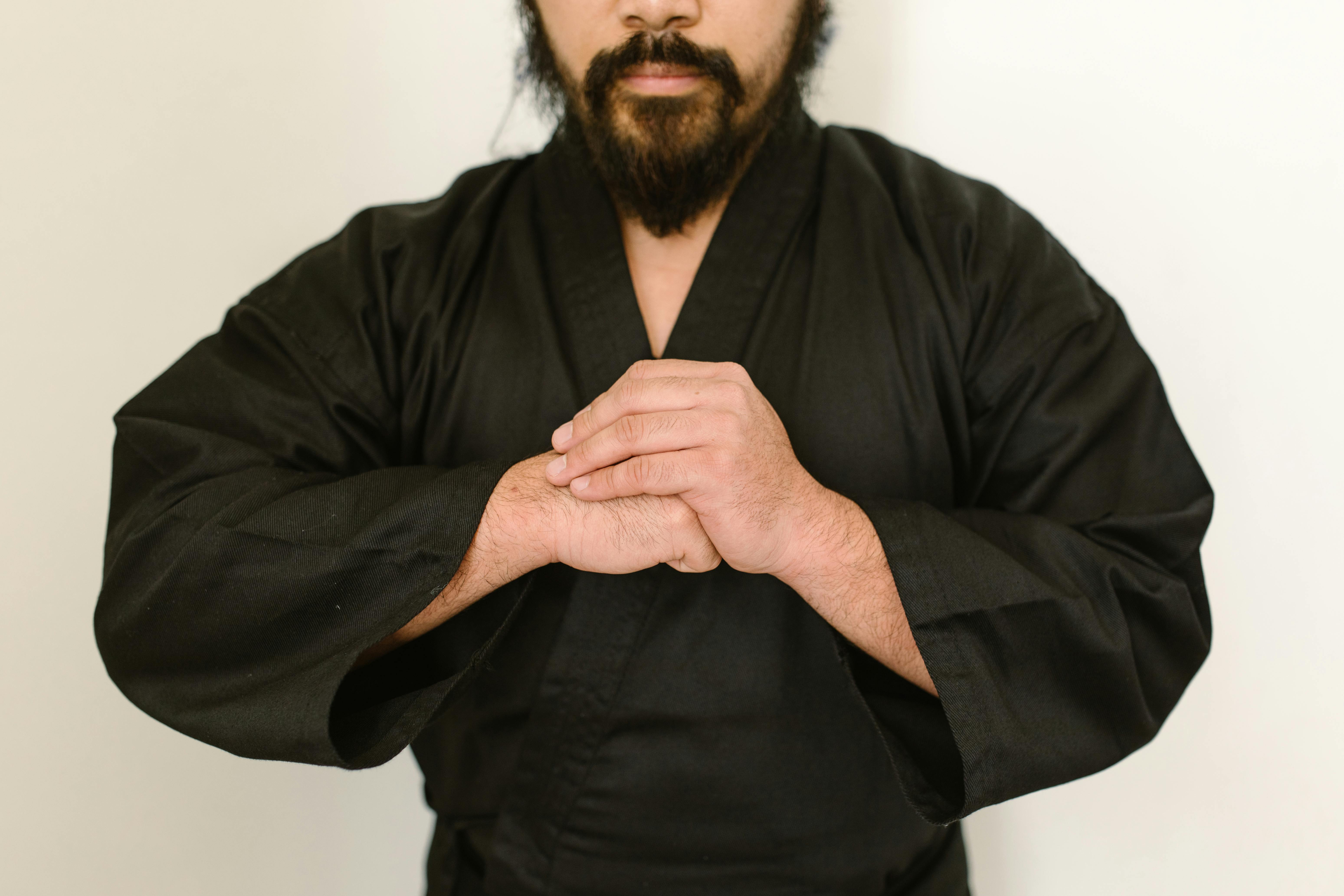
Duties and powers of the prime minister
Introduction
In the parliamentary system, the Prime Minister is the head of government and the entire state system revolves around him. He is the leader of the majority party in parliament and is the source of power. He has more power than the president.
Relevant provisions
Article 46,91,95 of the constitution of Pakistan.
The position of Prime Minister under the 1973 constitution
The Prime Minister under the 1973 constitution is the true executive and head of the Government. The president is simply a constitutional figurehead acting on the advice of the Prime Minister. In fact, he is the true ruler of Pakistan.
Qualifications/characteristics for the position of Prime Minister (PM)
citizen of pakistan
You should be a citizen of Pakistan.
Member of the National Assembly
He should be a member of the National Assembly.
Must not hold any position for profit
You must not hold any lucrative position in the service of Pakistan.
pakistan ideology
You should believe in the ideology of Pakistan.
Mentally and physically fit
You must be mentally and physically fit.
Prime Minister’s appointment
The president, at his discretion, appoints from among the members of the National Assembly the one who has obtained the majority of the members of the chamber.
Prime Minister’s Election
Members of the National Assembly elect the PM, the leader of the majority party. The assembly in its first session elects the president and vice president and then the prime minister. The Prime Minister shall be elected by a majority vote of all the members of the National Assembly.
oath of prime minister
After the election, the prime minister is sworn in in the presence of the president. He declares to be a Muslim and the belief in the purpose of the Prophet (SAWW) promises to act on the Islamic ideology, give presence to the national interest, protect the constitution and be loyal to the country.
Assignments and salary of the P,M.
The Prime Minister receives different allowances and a salary of Rs 56 lakhs.
Term of office
The term of office of PM is five years.
Powers and functions of the PM
The powers and duties of the Prime Minister are as follows:-
Senior Advisor to the President
The prime minister is the chief adviser to the president. The president exercises his functions with the consultation of the prime minister
Cabinet Formation
The Prime Minister, after taking the oath, selects his cabinet. Each minister, individually and the cabinet as a whole, are responsible for their acts before parliament.
National Leader
The prime minister is a national leader. He leads the nation and organizes public opinion in favor of his party.
cabinet leader
The PM is the head of the cabinet. All the work of the minister under the supervision of the PM.
house leader
The PM is the leader of the National Assembly. His proposals are honored in the house. He expresses his views in the Assembly.
Power to confer titles and decorations
The PM has the power to award titles and awards to those who show excellent performance in different fields of life.
Power of appointment.
The prime minister has the power to appoint high-ranking officials with the approval of the president of the Islamic Republic of Pakistan. He appoints graduates, ministerial personnel and judges of the Supreme Courts and High Courts. He also appoints the members of the National Finance Commission etc.
financial powers
The PM also deals with financial issues. The budget is prepared under his supervision.
public welfare
The PM works for the public welfare. He takes all possible steps to improve the lifestyle of the people of his country.
Foreign Relations
Foreign policy is prepared under its guidelines. Diplomats are appointed by the president on the recommendation of the prime minister.
Power of Legislation
The PM participates in legislation. All procedures are carried out with the consent of the PM. He plays a pivotal role in making laws.
Administrative duties.
The PM performs the administrative function. He is responsible for the smooth running of the country’s affairs. He maintains law and order in the country.
homeland defense
The PM is responsible for the defense of the country. He can take steps to improve the country’s defense system.
Power to dissolve the National Assembly
The prime minister can ask the president to dissolve the national assembly.
party head
The PM is the head of the party. He belongs to the party that has the majority in the house. It has its political significance.
The power to minister ends
The prime minister, if he is not satisfied with his minister’s role, can fire them.
Bridge between the president and the cabinet
The prime minister is a link between the president and the cabinet. The prime minister has a duty to report to the president on the work of the cabinet.
Nation Representative
The PM is the representative of the nation at the international level.
resignation of the prime minister
The PM can present his resignation to the president as and when he wishes. After PM has resigned, all ministers will need to be appointed to office.
Rescission/ Vote of no confidence against the Prime Minister
Under the present procedure, a resolution for a vote of no confidence may be submitted by no less than twenty percent of the total membership of the National Assembly. The resolution may not be voted on before the expiration of three days, from the day on which said resolution was moved in the national assembly.
acting prime minister
In the event of the prime minister’s death, sick leave, resignation, or foreign tour, the chief minister takes care of the job.
Final comments
In summary, it can be said that the PM is the true executive of the country. He has a strong constitutional position. The prime minister is the chief adviser to the president. He is the leader of the house and is elected for a 5-year term. He can be removed from his post by resolution of a motion of censure against him.
For more information, visit http://www.wiki-engine.com




No Comment